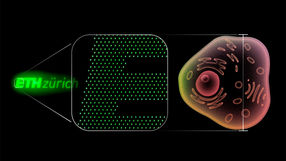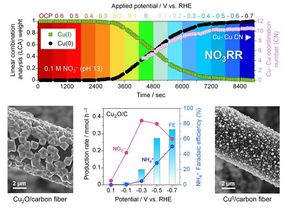Oxford Nanopore Technologies Announces License Agreement with University of California, Santa Cruz
Advertisement
Oxford Nanopore Technologies Ltd announced the completion of an exclusive license agreement to develop nanopore science developed at the University of California, Santa Cruz (“UCSC”), in the laboratories of Professors David Deamer and Mark Akeson.
Oxford Nanopore will also fund research in the laboratories of Professors Deamer and Akeson, who have pioneered the science of using protein nanopores to analyse DNA molecules. Applications of the platform include single-molecule DNA sequencing and molecular sensing. Advancement of this technology is expected to benefit basic medical research and further the field of personalised medicine.
This follows an agreement with Harvard University to in-license a broad range of nanopore technologies that included some discoveries from UCSC. The Company also holds agreements with other institutions in nanopore science including the University of Oxford, Texas A&M, the University of Massachusetts Medical School and the US National Institute of Standards and Technology (NIST). Together this places Oxford Nanopore in a unique and leading position for bringing first and future generations of nanopore technology to the market.
Most read news
Organizations
Other news from the department science
These products might interest you

Get the chemical industry in your inbox
By submitting this form you agree that LUMITOS AG will send you the newsletter(s) selected above by email. Your data will not be passed on to third parties. Your data will be stored and processed in accordance with our data protection regulations. LUMITOS may contact you by email for the purpose of advertising or market and opinion surveys. You can revoke your consent at any time without giving reasons to LUMITOS AG, Ernst-Augustin-Str. 2, 12489 Berlin, Germany or by e-mail at revoke@lumitos.com with effect for the future. In addition, each email contains a link to unsubscribe from the corresponding newsletter.



























































